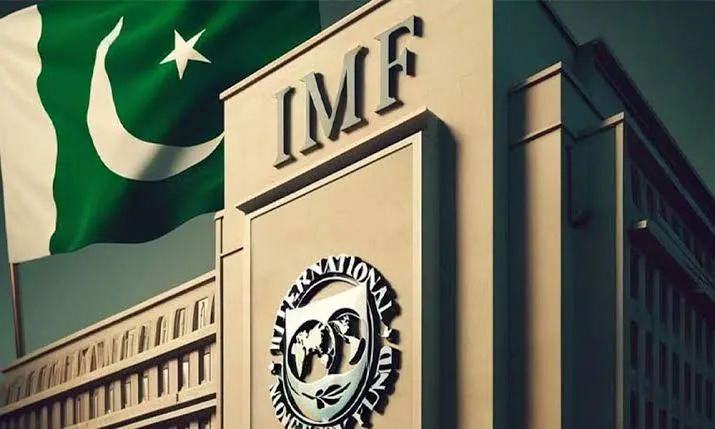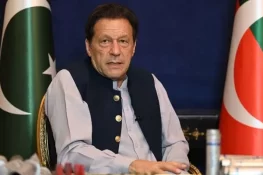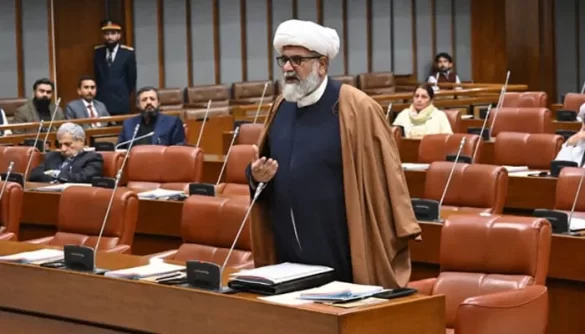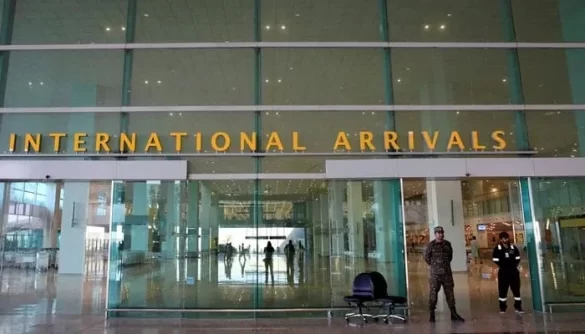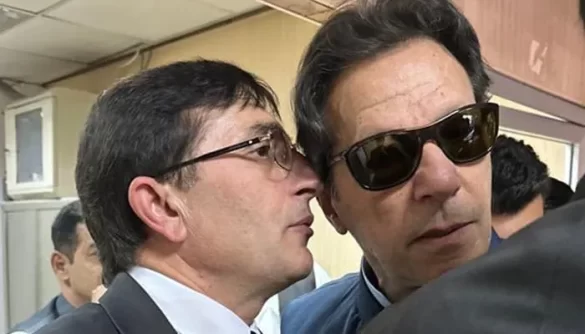Islamabad (September 2, 2025) – The Government of Pakistan is preparing to submit a detailed official response to the recently released IMF Corruption and Diagnostic Assessment Report, expressing strong reservations over several of its findings. According to official sources, Pakistan has contested the report’s conclusions and emphasized the reforms undertaken to curb corruption and improve governance in public institutions.
Government Claims Improvements in Governance
The government, through official documentation, maintains that significant improvements have been made in public sector governance, especially over the past few years. It highlighted that the Financial Monitoring Unit (FMU) has been further strengthened and made more proactive to combat financial crimes and enhance transparency.
Additionally, the government argues that major structural reforms in the Federal Board of Revenue (FBR) — such as the implementation of faceless customs and digital transformation initiatives — have resulted in reduced human intervention and minimized avenues for corruption.
Legislative Measures and Reforms Highlighted
Pakistan has also introduced legislation requiring civil servants to declare their assets, and new regulations have been enacted targeting Politically Exposed Persons (PEPs) to improve transparency and accountability within the bureaucratic and political elite.
The response points out that supplementary grants without parliamentary approval have now been restricted, a move aimed at enhancing budgetary discipline and curbing discretionary financial practices.
Furthermore, the government emphasizes that tax exemptions have been significantly reduced and are now strictly limited to those agreed upon under the ongoing IMF loan program.
Disagreement Over IMF’s Assessment Criteria
Sources indicate that Pakistan will formally express dissatisfaction with the methodology and scope of the IMF’s governance mission, stating that many of the reforms were either overlooked or insufficiently acknowledged.
The government argues that the IMF Governance and Corruption Diagnostic Mission should have assessed all relevant reforms and corrective measures undertaken under the current economic stabilization program.
Call for Balanced Evaluation
Pakistan’s position is that while challenges remain, the steps taken toward tax system simplification, anti-corruption enforcement, and fiscal transparency are evidence of serious commitment. Officials assert that the reforms in FBR were aligned with IMF targets, and as such, the assessment should reflect that alignment more accurately.
As the country navigates its engagement with the IMF under a delicate economic recovery phase, the outcome of this exchange could have implications for future negotiations, disbursements, and structural benchmarks.
The IMF’s Corruption and Diagnostic Report is part of its broader initiative to assess governance standards in borrowing countries, particularly in the context of ongoing financial support programs. Pakistan has been under IMF surveillance as part of its Extended Fund Facility (EFF), with governance and transparency listed as key performance indicators.

